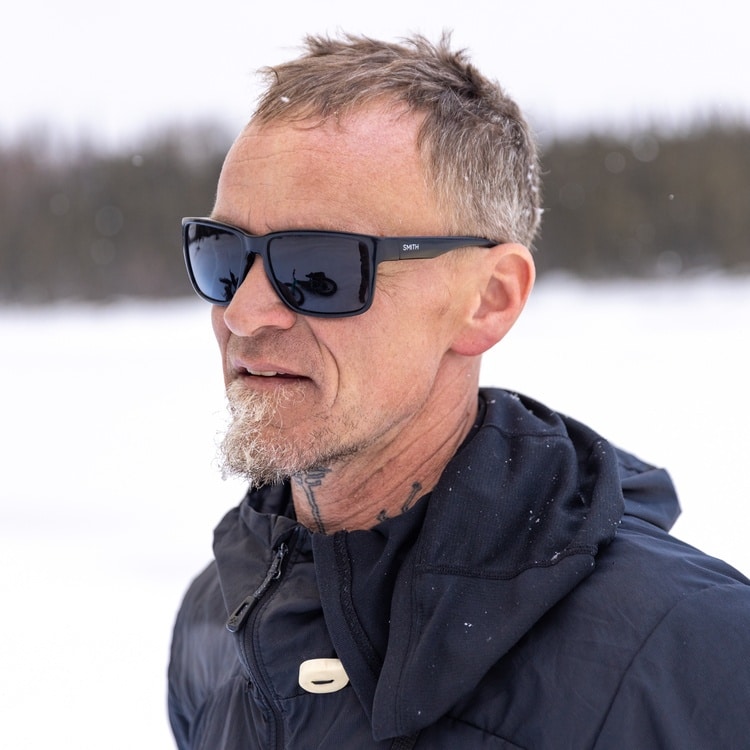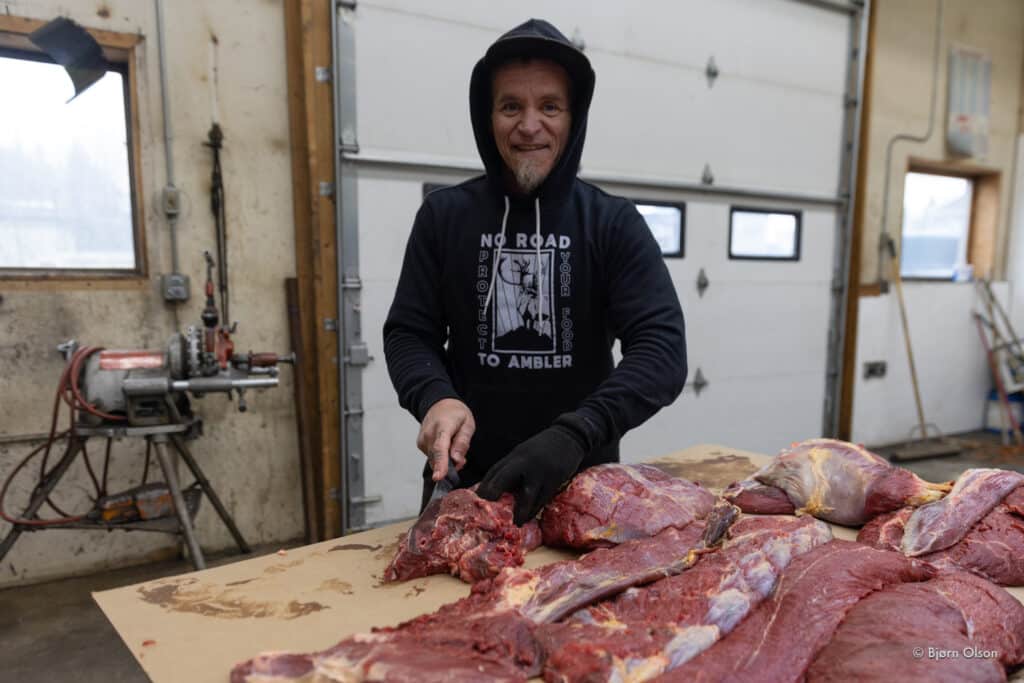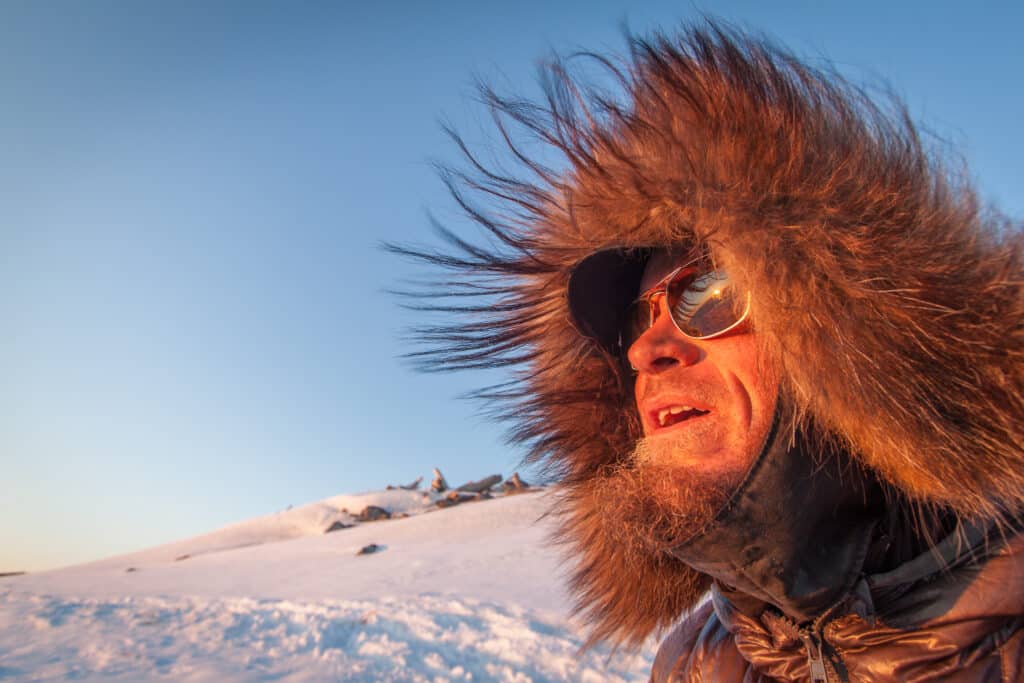
Bjorn’s Health Struggles
Bjorn is a 48-year-old independent filmmaker who works for some environmental non-profits. He has a passion for wilderness adventure, particularly using “the technology called the Fat Bike, you know the fat bike was invented in Alaska to ride on winter trails like the Iditarod trail, but I’ve been for the last dozen years or so exploring far and away with these things.”
Bjorn started out eating the same diet that everyone else eats for this type of adventure, Snickers bars, and energy blocks, constantly eating to “keep my blood sugar up” but “I just started getting fatter and fatter, sicker and sicker, and sore.” He had some lab work done and discovered he had developed metabolic syndrome. His story is yet another example of how exercise doesn’t make up for a bad diet.
He also developed a knee problem, which “continued to get progressively more and more achy” with accompanying noticeable swelling.
Discovering Low-Carb and Ancestral Diets
Bjorn began looking for solutions and found some information about low-carb. But he also found a Native American who gave a presentation about “Neuro-decolonization,” which he defined as “breaking the chains of colonial thinking, and it doesn’t matter if you’re Native American or white.
We each have these things that we’ve been conditioned by in our contemporary society, and for him…it was a recipe to follow to break yourself of this. It was an ancestral diet and intermittent fasting.”
After learning this, Bjorn became committed to these two principles. He catches wild salmon, and hunts for Dall sheep, caribou, and moose, with an occasional bear. These provide most of the meat for his diet.
He experienced weight loss, and his knee began to hurt less. He found himself more clear-headed, and two years later, when he repeated his blood work, he had reversed all of the abnormal markers.
Benefits of a New Diet on Bjorn’s Health and Adventures
Bjorn finds that his extreme adventures are much easier with his new diet, and his partner is now on board too. “We did a pretty hardcore trip last winter, and it really felt like we were clicking on a new formula for how we fuel ourselves on these trips.
It used to be we’d have a cereal breakfast in the morning, and by 10 or 11 opening up the snack bag and eating all day, and now just go all the way till 3 or 4 in the afternoon, physical exertion, working hard, never feeling those hunger pains.”
After morning coffee, they have a snack of smoked salmon at 4, then travel the rest of the day and make one big meat meal at the end of the day!
Native Alaska Communities and Food Connection
Bjorn’s work includes making documentaries about Native Alaska communities, and he has noted: “the quality of life from having that connection to your food resource, to be able to go hunt the walrus, seal, caribou and whale.”
He sees that with “50 years of garbage diet” for the Natives, diabetes, cancer, and heart disease rates are “skyrocketing.”


Results are not typical. All viewers of this content, especially those taking prescription or over-the-counter medications, should consult their physicians before beginning any nutrition, supplement or lifestyle program.
